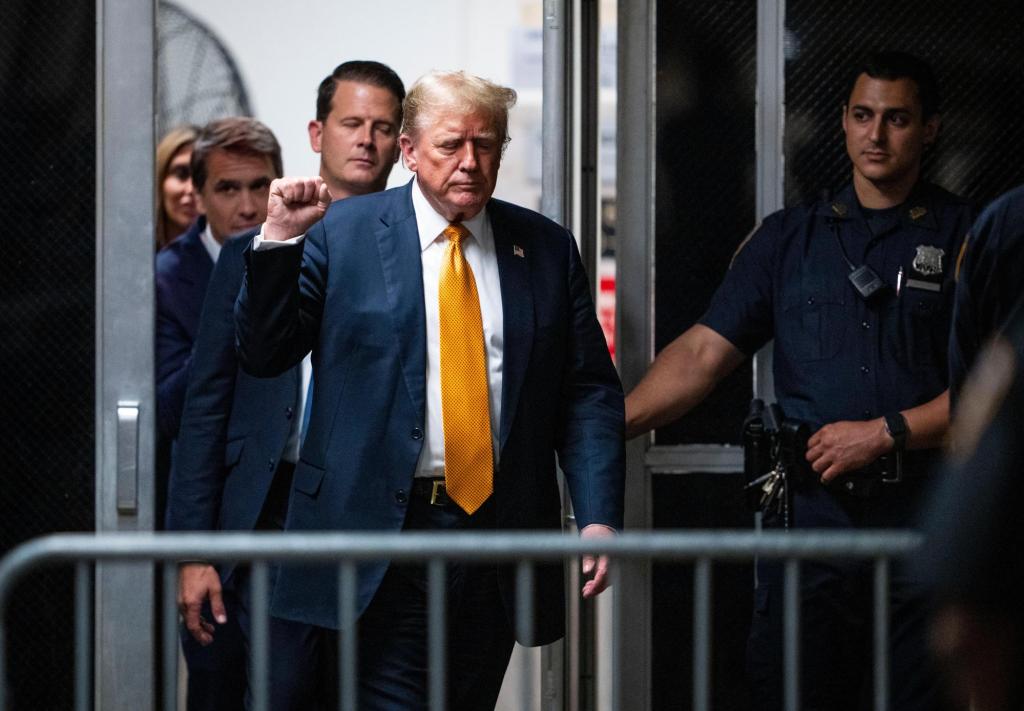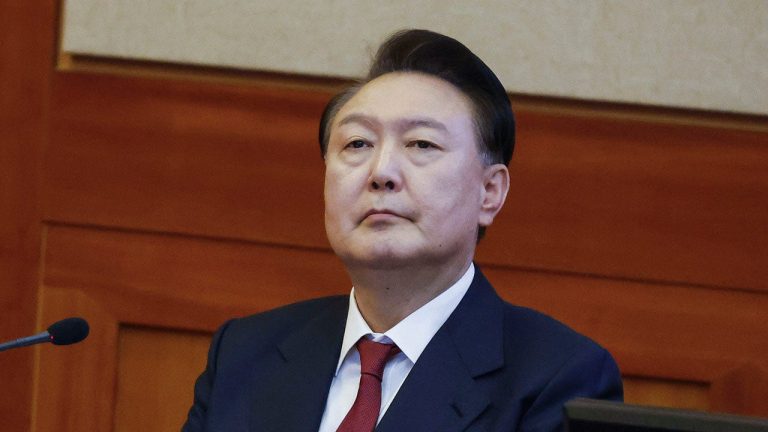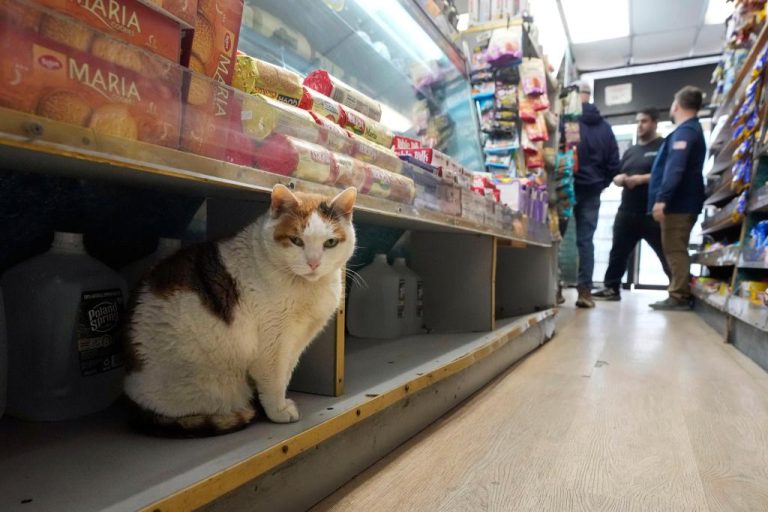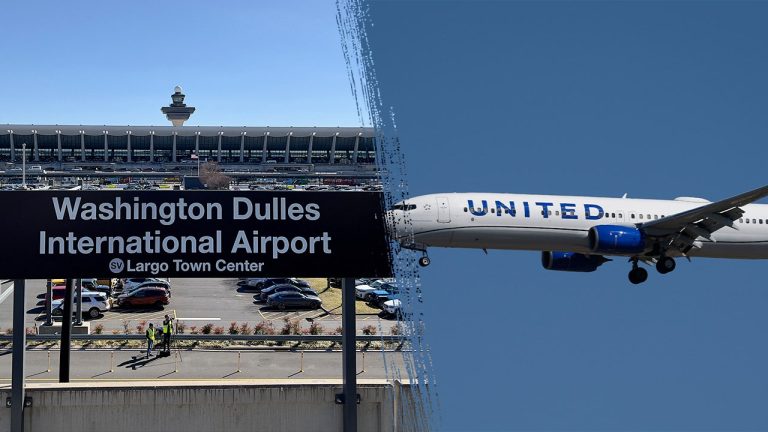

The U.S. Supreme Court on Thursday denied President-elect Donald Trump’s emergency bid to halt his criminal sentencing in New York, all but ensuring it would proceed as planned Friday.
In a brief unsigned order, a five-justice majority noted that Trump was not facing jail time and that he could still challenge his conviction “in the ordinary course on appeal.”
Although Trump had argued that being sentenced 10 days before his inauguration would distract from the presidential transition, the majority held, “The burden that sentencing will impose on the president-elect’s responsibilities is relatively insubstantial.”
Four of the court’s conservative justices — Clarence Thomas, Samuel Alito, Neil Gorsuch and Brett Kavanaugh — noted dissents without providing reasons.
The court’s decision means Trump will face sentencing for 34 felony counts of falsifying records to cover up a sex scandal that had endangered his 2016 presidential campaign.
After a series of unsuccessful legal maneuvers in New York state courts, the former and future president had hoped to prevail before a friendlier audience: a Supreme Court with a 6-3 conservative majority that includes three justices Trump appointed during his first term.
But the court opted to stay out of the case for now, despite having come to Trump’s rescue in a string of other recent matters. In July, the justices granted former presidents broad immunity for their official acts, undermining a separate criminal case against Trump in Washington.
The court’s show of independence in the New York case — less than two weeks before the inauguration — capped Trump’s frenzied campaign to stave off the embarrassing spectacle of a sentencing. After months of delay, the sentencing will now formalize Trump’s conviction, cementing his status as the first felon to occupy the Oval Office.
Almost any other defendant would have been sentenced by now. But since a jury convicted Trump in May on all 34 counts, Trump’s lawyers have lodged a flurry of filings seeking to unwind the conviction, or at least block the sentencing.
They intensified the effort even after the judge overseeing the case recently signaled that he would spare Trump jail time or any other substantive punishment, making any sentencing largely symbolic.
The sentencing was scheduled to begin at 9:30 a.m. Friday in the same Manhattan courtroom where Trump’s trial took place last spring. The president-elect has indicated he plans to appear virtually.
This article originally appeared in The New York Times.
Originally Published:





